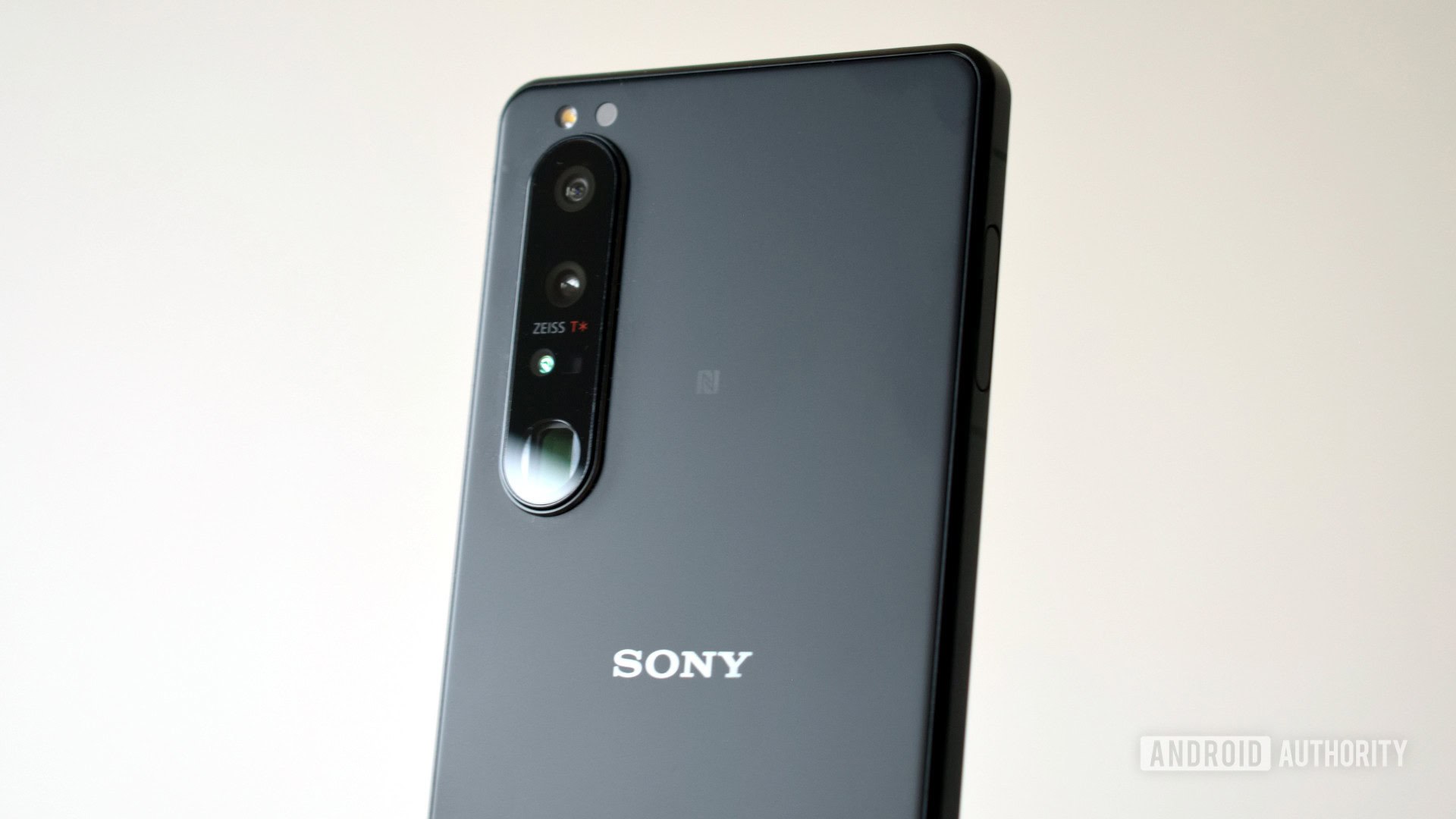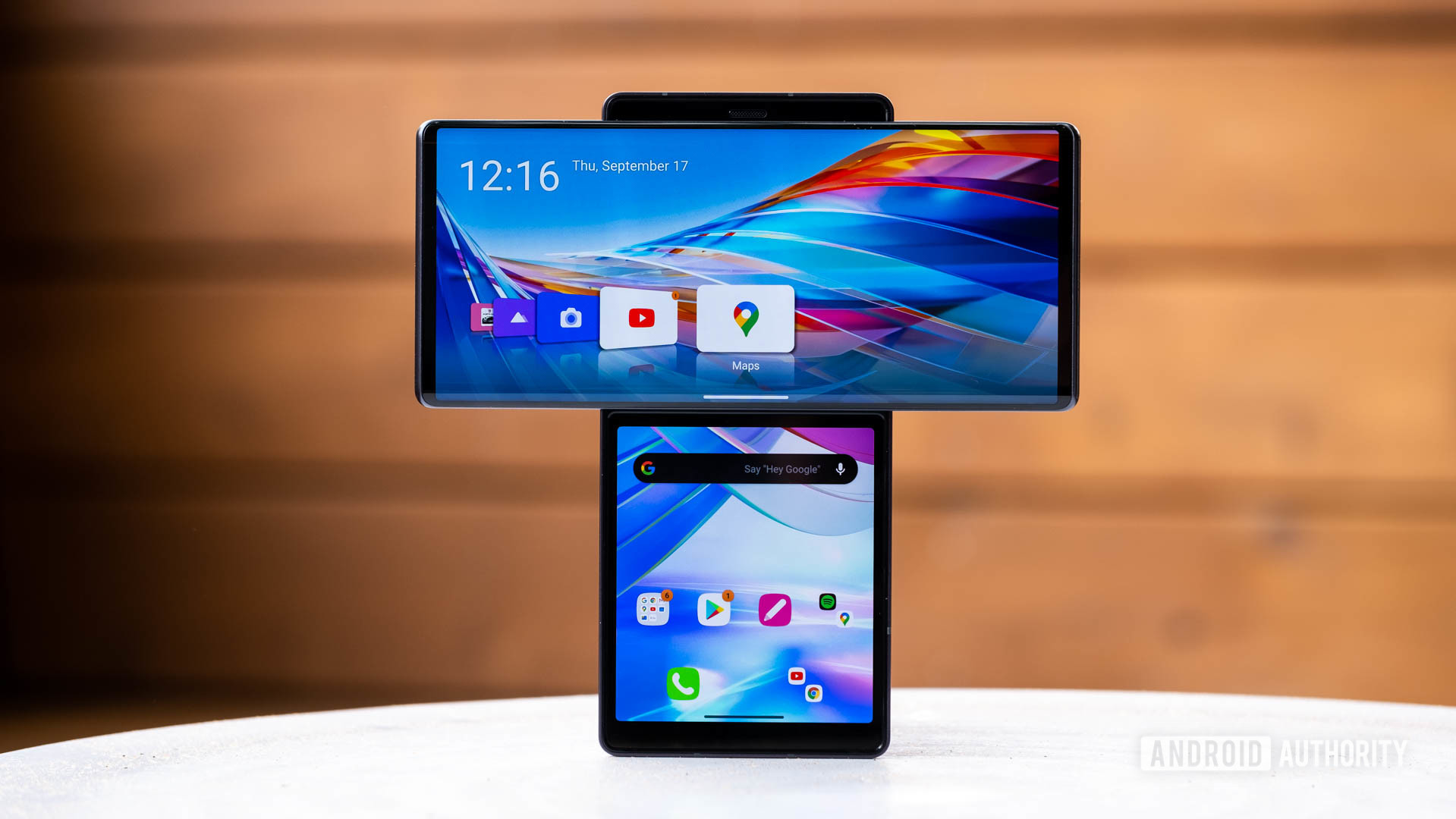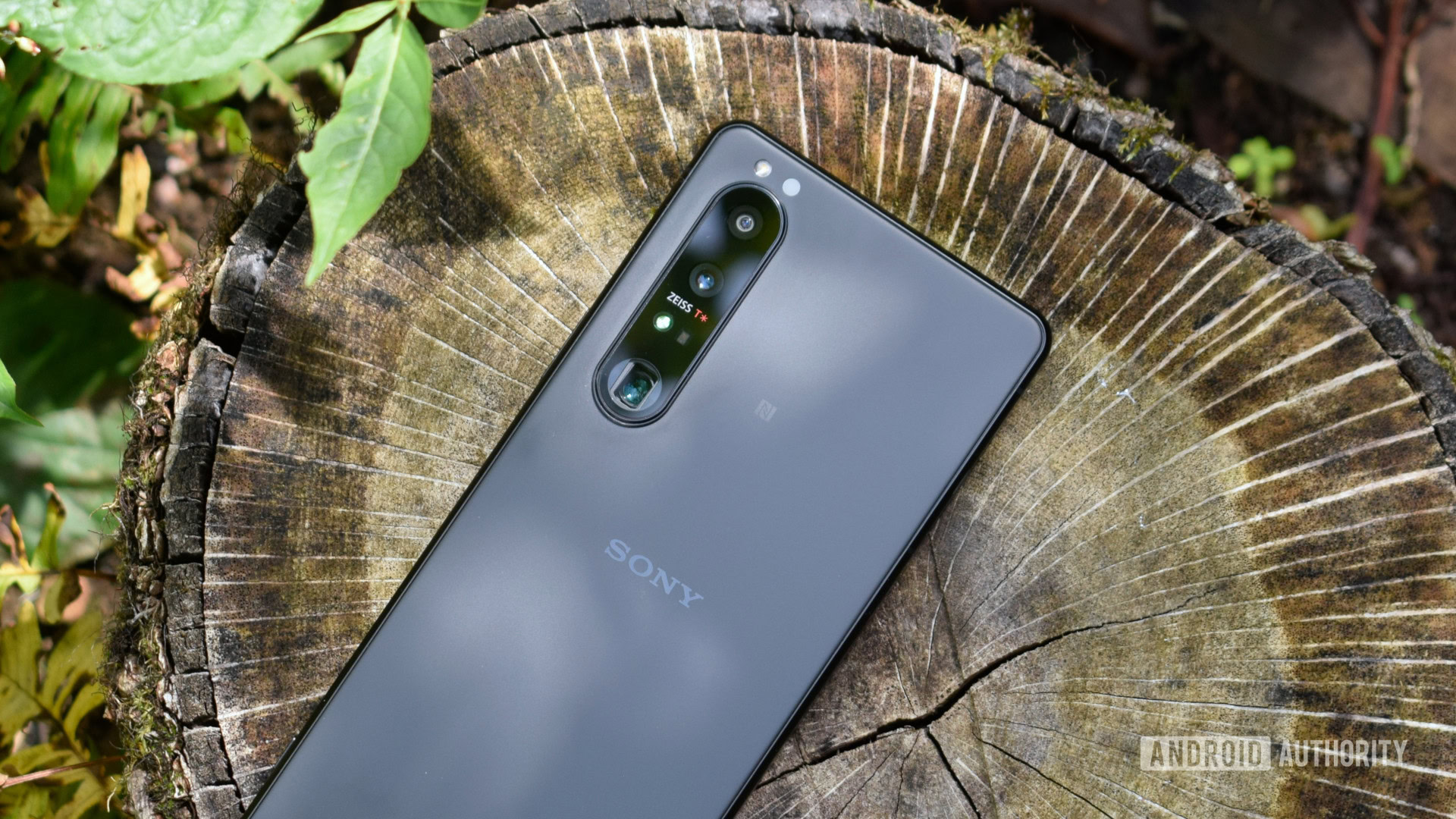Affiliate links on Android Authority may earn us a commission. Learn more.
Sony has done something LG failed to do... make me a believer again
July 17, 2021

The tale of the smartphone industry is one of disruption. While Chinese brands have grown and profited, many legacy phone and technology brands have struggled. Blackberry, HTC, and Nokia (excluding the HMD “revival”) have fallen by the wayside. LG was the latest and greatest casualty of the hugely competitive market, bowing out after repeatedly trying and failing to reinvigorate its line-up.
Sony appears to be the exception to this rather unfortunate trend. Despite several years dwindling at the bottom of the market share tables, the brand that gave us the mighty Sony Ericsson W800 is still kicking about nearly two decades later. In fact, the company is on an upward trajectory at a time when others are shutting up shop.
Sony has made a believer out of me — it's possible to build great phones without appealing to everyone.
Against the run of play, Sony’s mobile division posted its first profit in five years in Q1 2021. The company achieved this feat by cutting production costs and raising the average selling price of its handsets, as can be seen quite clearly in the incredibly steep $1,299 price tag for its latest Xperia 1 III flagship. It’s not an entirely rosy picture for Sony though. The company is selling fewer smartphones than at any point in the last decade. Just 2.9 million units throughout 2020 compared to a peak of 39.1 million back in 2014. But staying in business is what’s important and against all odds, Sony remains alive and kicking.
Niche versus mass-market appeal

The comparison between LG and Sony is an interesting one. Both are huge legacy technology brands that, after initial success in the handset market, sunk countless amounts of cash into their struggling mobile divisions over the past decade. LG eventually called it quits the same year Sony finally returned to profit.
The key difference I can see is that LG never quite settled on a target market, releasing a wide range of different handsets, some highly experimental, in a bid to land on a smash hit. With phones ranging from the hugely experimental LG G5 and Wing to the incredibly safe but oddly named G7 ThinQ and fashionable Velvet, it became increasingly difficult to see who would actually buy LG’s phones year after year.
While LG tried virtually everything, Sony spent time carving out a niche in the market.
Meanwhile, Sony looked inward, doubled down on its roots, and went to great lengths to please its core audience with little mind for building a mold-breaking smartphone. Sony figured out what it could be good at rather than completely reinventing itself. To LG’s credit, its excellent V series came close to finding a similar multimedia niche to the one Sony currently occupies. But LG’s phones could never quite command the extremely premium price of Sony’s Xperia line.
Sony faced similar troubles to LG in the mid to late 2010s, with dwindling sales and market shares. The Xperia Z and XZ line-ups launched to a messy bi-annual release schedule. There was also a bewildering array of models with very little innovation between them. As you can imagine, the phones arrived to mixed reviews, although Sony did earn praise for its excellent audio features and IP ratings.
The Xperia line-up turned a page with the revamped Xperia 1 series which focused on fixing previous criticisms without departing too far from Sony’s core audience. We praised even the first-gen model for its excellent hardware, even if it was very expensive and imperfect. It’s here that Sony first introduced its 4K HDR 21:9 OLED display, triple-camera setup, and eventually brought back the headphone jack (and retain expandable storage) to stick its hand up as the ultimate multimedia machine.
Believe in the power of the niche

It’s taken a revision or two, but Sony’s Xperia 1 flagship and more affordable Xperia 5 smartphones have been reviewed quite well. In fact, its 2020 models were some of our top picks for the year and 2021’s Xperia 1 III flagship is the brand’s finest effort yet, albeit with an even higher price tag to match. Sony’s formula is (finally) working.
Our verdict: Sony Xperia 1 III review – Elegant, exhilarating, expensive
Sony’s own figures show that it’s not building phones for mass-market consumers, but a return to profit suggests it doesn’t have to. By leveraging its best-in-class Bravia display, Alpha camera, and audio technologies, Sony has shown it’s possible to survive in the hugely competitive smartphone market by playing to an enthusiast crowd.
Do you believe in Sony's smartphone strategy?
As LG, Blackberry, and others have shown, carving out a sustainable niche is not an easy feat. Especially as the prevailing winds have seen brands race to the bottom against cost-efficient Chinese manufacturers. But perhaps we’re witnessing signs that the industry can return to the days where brands stood out on unique merits — be it multimedia, gaming, camera, or some other prowess.
Sony has made a believer out of me. It’s possible to build great smartphones and run a sustainable business without appealing to absolutely everyone. Providing, of course, you can find a formula there’s genuine demand for. It’s taken years to get here, so let’s hope the company can keep it up.
Thank you for being part of our community. Read our Comment Policy before posting.